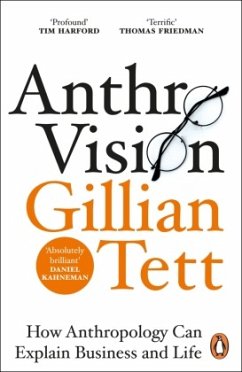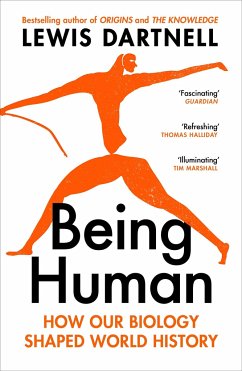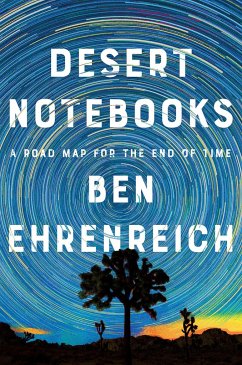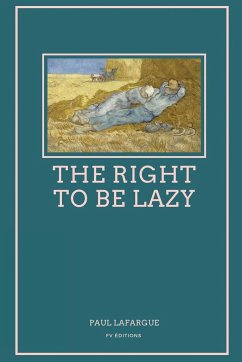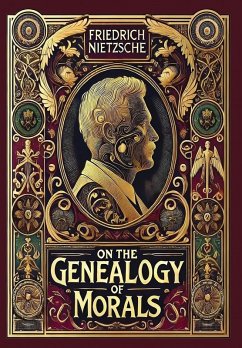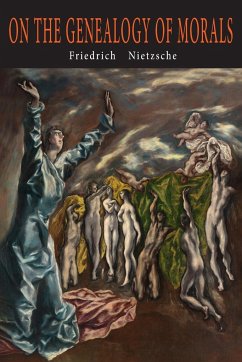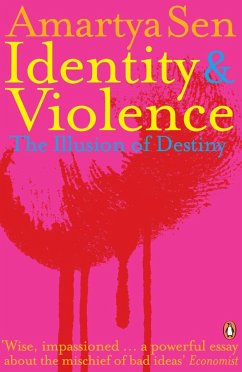
Think Like an Anthropologist

PAYBACK Punkte
9 °P sammeln!
'Subtle and self-reflexive. . . an excellent overview of the debates and issues that have shaped this hugely influential social science' - GuardianHow does anthropology help us understand who we are?What can it tell us about culture, from Melanesia to the City of London? Why does it matter?For well over one hundred years, social and cultural anthropologists have traversed the world from urban Zimbabwe to suburban England, Beijing to Barcelona, uncovering surprising facts, patterns, predilections and, sometimes, the inexplicable, in terms of how humans organize their lives and articulate their ...
'Subtle and self-reflexive. . . an excellent overview of the debates and issues that have shaped this hugely influential social science' - Guardian
How does anthropology help us understand who we are?
What can it tell us about culture, from Melanesia to the City of London?
Why does it matter?
For well over one hundred years, social and cultural anthropologists have traversed the world from urban Zimbabwe to suburban England, Beijing to Barcelona, uncovering surprising facts, patterns, predilections and, sometimes, the inexplicable, in terms of how humans organize their lives and articulate their values. By weaving together theories and examples from around the world, Matthew Engelke brilliantly shows why anthropology matters: not only because it allows us to understand other points of view, but also because in the process, it reveals something about ourselves too.
How does anthropology help us understand who we are?
What can it tell us about culture, from Melanesia to the City of London?
Why does it matter?
For well over one hundred years, social and cultural anthropologists have traversed the world from urban Zimbabwe to suburban England, Beijing to Barcelona, uncovering surprising facts, patterns, predilections and, sometimes, the inexplicable, in terms of how humans organize their lives and articulate their values. By weaving together theories and examples from around the world, Matthew Engelke brilliantly shows why anthropology matters: not only because it allows us to understand other points of view, but also because in the process, it reveals something about ourselves too.
Dieser Artikel kann nur an eine deutsche Lieferadresse ausgeliefert werden.





